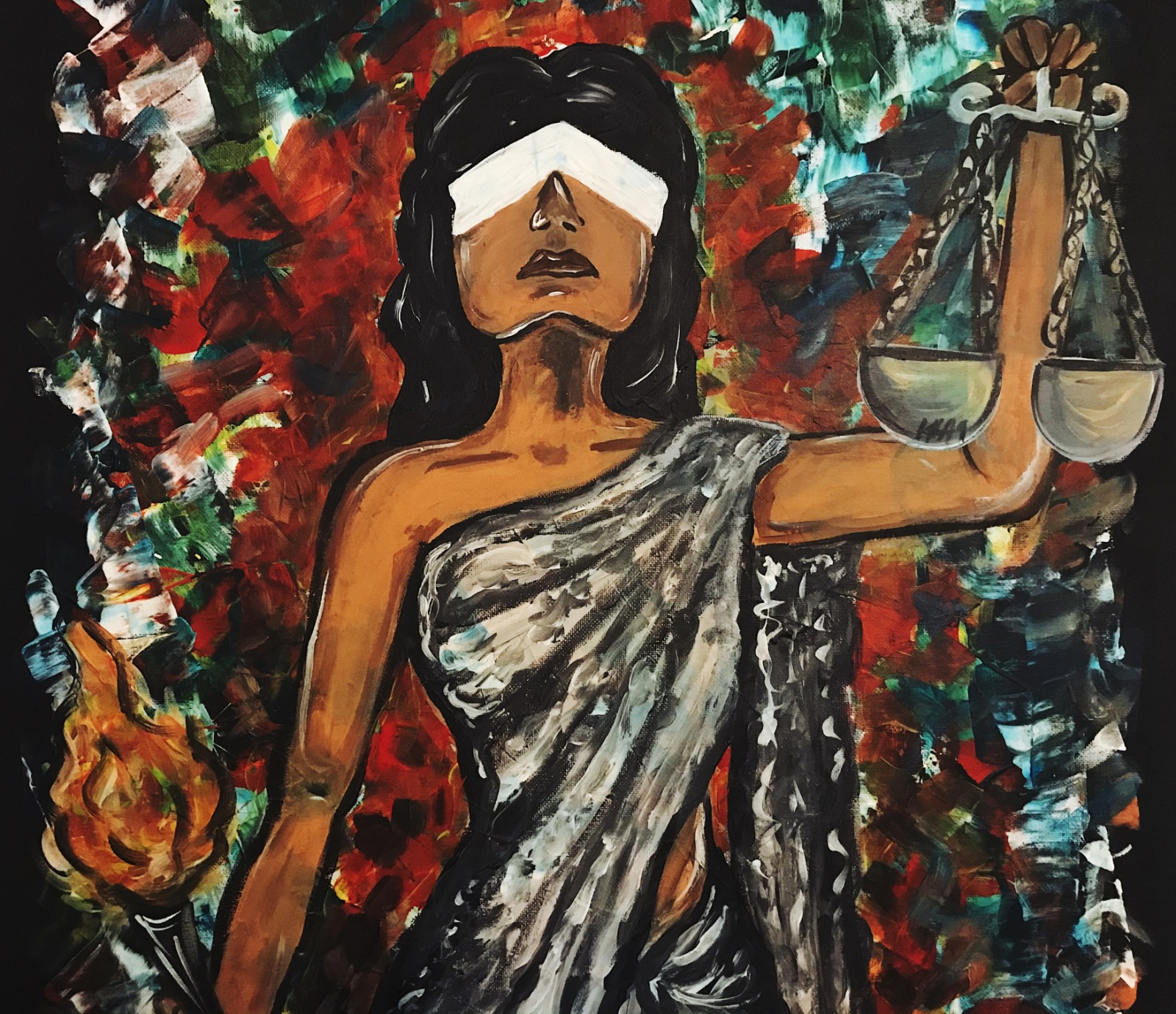
Sri Lanka’s new president Anura Dissanayake has been in power for less than a week but already has brought about a range of changes. From his appointment of Harini Amarasuriya as prime minister to his rapid stripping down on unnecessary government expenditure and pledge to stamp out corruption, many on the island have been pleasantly surprised by his seemingly progressive early moves. But it has not all been positive for the newly crowned president. For the Tamil people, the few steps he has taken so far have been disappointing.
<p class="rtecenter"><sup><em>Illustration by <u><a href="https://twitter.com/keera_ratnam">Keera Ratnam</a></u> / <u><a href="https://www.instagram.com/wavesofcolour/" target="_blank">wavesofcolour</a></u></em></sup></p>
<p>Sri Lanka’s new president Anura Dissanayake has been in power for less than a week but already has brought about a range of changes. From his appointment of Harini Amarasuriya as prime minister to his rapid stripping down on unnecessary government expenditure and pledge to stamp out corruption, many on the island have been pleasantly surprised by his seemingly progressive early moves. But it has not all been positive for the newly crowned president. For the Tamil people, the few steps he has taken so far have been disappointing.</p>
<p>With only three lawmakers in parliament, the calling of a general election was inevitable. Dissanayake’s swift dissolution of parliament came alongside doling out interim cabinet roles between himself and his alliance’s remaining two parliamentarians. The appointment of Amarasuriya as prime minister, only the third woman to hold the role, was widely hailed. Her past remarks on how racism has plagued Sri Lanka and justice for Tamil women <u><a href="https://www.tamilguardian.com/content/sri-lanka-s-new-prime-minister-ha…" target="_blank">are encouraging</a></u> and lend credence to the hope that she will be a clean break from her predecessors.</p>
<p>That task will be difficult – particularly given the island and the Janatha Vimukthi Peramuna’s (JVP) bloody history. It is exemplified by her colleague, Vijita Herath, the alliance’s other senior parliamentarian, who took on the role of foreign secretary this week. His <u><a href="https://www.tamilguardian.com/content/new-sri-lankan-foreign-ministers-…" target="_blank">first remarks</a></u> included thanking Saudi Arabia for their support in resisting UN resolutions that called for accountability over the massacre of Tamils by the Sri Lankan state. Herath has himself repeatedly <a href="https://www.tamilguardian.com/content/international-probe-%E2%80%98viol…" target="_blank">spoken out against an international justice mechanism</a> that Tamils demand and <u><a href="https://www.tamilguardian.com/content/strongly-opposed-indo-lanka-accor…" target="_blank">vowed to stand against the devolution</a></u> of powers to the North-East.</p>
<p>Though Amarasuriya has spoken on how devolution through the 13<sup>th</sup> Amendment is a move that her coalition “intend to honour”, it directly contradicts Herath and even Dissanayake, both of whom have spoken out against Tamil autonomy. During the election campaign, Dissanayake told Tamil voters it was <a href="https://www.tamilguardian.com/content/dissanayake-tours-homeland-fails-…" target="_blank"><u>something he would not offer</u></a>, and in his recent inaugural televised address he spoke of building a “unified Sri Lankan nation”. It echoes much of the same language Mahinda Rajapaksa chose to deploy after the Mullivaikkal genocide when he spoke of “one nation” and “one country”. It not only directly ignores the history of Tamil nationhood on the island, but it also once more sharply contrasts the view of his own prime minister, who previously wrote <em>“most calls for ‘unity’, a ‘Sri Lankan identity’, also reflect the majority preoccupation of ‘taming’ the minorities and bringing them under the benevolent control of the majority community”</em>. Amarasuriya went on to <a href="https://www.tamilguardian.com/content/sri-lanka%E2%80%99s-covid-19-resp…" target="_blank"><u>write in 2020</u></a> that <em>“many Sinhalese who would consider themselves cosmopolitan, democratic and tolerant, would not see the implicit exclusions and violence, in enforcing a totalising identity in a society such as Sri Lanka”.</em> Words that Dissanayake would be well-advised to adhere to.</p>
<p>Those are not the only contradictions that the newly elected president is having to juggle. The self-declared ‘Marxist’ party of staunch anti-imperialists is navigating the island out of an economic crisis by cosying up to global powers. Though his anti-establishment message gained him traction at the polls, in office he has markedly softened his tone. The “renegotiation” he pledged with the International Monetary Fund (IMF) is still on the cards but with a more conciliatory overture. The previously anti-India and anti-US stance of the party has been subdued, with Dissanayake’s <a href="https://www.tamilguardian.com/content/sri-lanka-s-president-elect-meets…" target="_blank"><u>first foreign meeting with Indian officials in Colombo</u></a>. He even reached out to current US President Joe Biden, pledging to strengthen relations with Washington “under my leadership” and echoing his language of “a peaceful, secure and prosperous Indo-Pacific region”. As some of his detractors pointed out, his approach to global institutions bears little difference from his predecessor Ranil Wickremesinghe.</p>
<p>Indeed, the JVP leader having to temper their engagement with the international community is evidence of how much influence the international holds, as well as a marker of where the island stands in today’s global order. All spectrums of Sinhala parties, from the right-wing capitalists to the so-called Marxists, are fully cognizant of it. Governments and financial institutions around the world must now levy that influence to ensure that Sri Lanka breaks out of its cycles of ethnic violence, economic crisis and political instability.</p>
<p>Eelam Tamils, who notably did not vote for Dissanayake in their masses, have already shown a willingness to work with him. The <u><a href="https://www.tamilguardian.com/content/tnpf-leader-tells-new-sri-lankan-…" target="_blank">outreach from the Tamil National People’s Front (TNPF)</a></u> this week is one the new Sri Lankan president should embrace. If he ignores it and treads the same path as those before him instead, as he seems to be going down with the appointment of <a href="https://www.tamilguardian.com/content/another-accused-sri-lankan-war-cr…" target="_blank"><u>yet another accused war criminal</u></a> as the latest secretary of defence, he threatens further entrench impunity. In doing so, he would continue the same mistakes as those before him.</p>
